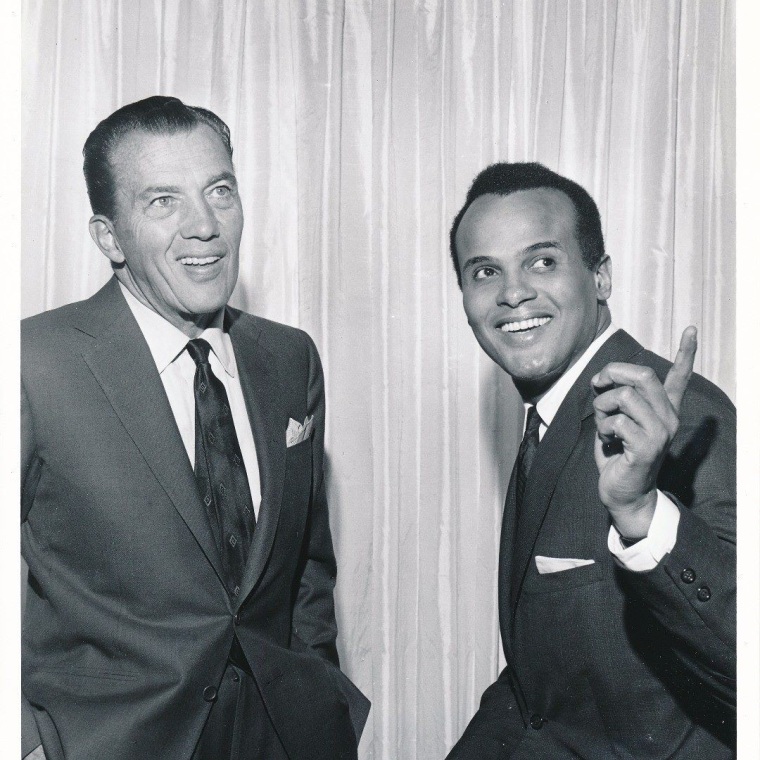As a child, Margo Precht Speciale hid the fact that Ed Sullivan was her grandfather.
This slip of information typically led to joking and teasing from her peers who only knew of Sullivan’s stiff TV persona. It wasn’t until the passing of her mother, Elizabeth, the only child of Ed Sullivan, that she became curious about her family history and the man who anchored the longest running primetime variety show in the history of television.
After coming across an article where author Maurice Berger called Sullivan a civil rights trailblazer, Precht Specialewas determined to learn about this other side of her grandfather.
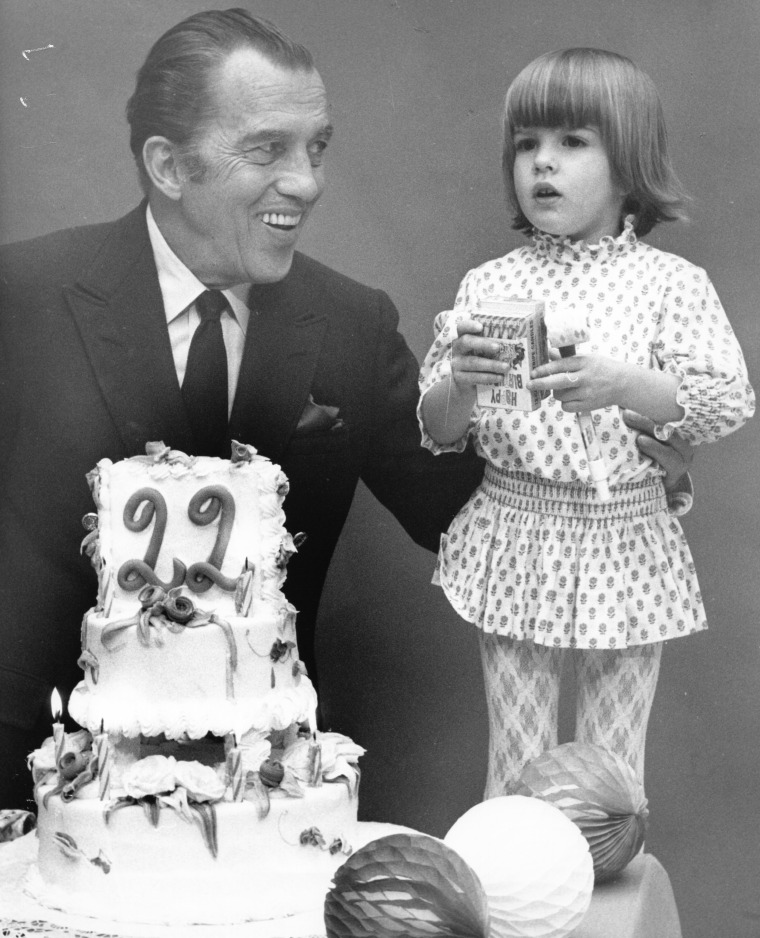
When she eventually met Suzanne Kay, daughter of Diahann Carroll —they were introduced by Attallah Shabazz, daughter of Malcolm X— their family histories and shared interests made them fast friends.
They discovered they went to the same elementary school in California and shared a fascination with the early days of television, an era when Speciale’s grandfather and Kay’s mother crossed paths and made history.
"Sullivan gave [artists] that, ‘Go ahead, don’t worry, I’m gonna make you a star,’” says Kay.
According to Kay, her mom attributes much of her success to her 9 appearances on "The Ed Sullivan Show." "You could build a whole career around the exposure you got on Sullivan,” Kay says her mother would tell her.
Carroll broke barriers in television, starring in “Julia,” one of the first series to depict an African-American woman in a non-stereotypical role.
Precht Speciale and Kay teamed up to produce the upcoming documentary, "Sullivison: Ed Sullivan and the Struggle for Civil Rights." The film will explore Sullivan’s passion for entertainment and the ways in which he used his platform to acknowledge Black artists during a time when they weren't completely welcomed in prime time.
It will also explore the impact the show had during the dawn of television at the height of the Civil Rights movement, and the ways in which artists today can use their platforms to drive social justice.
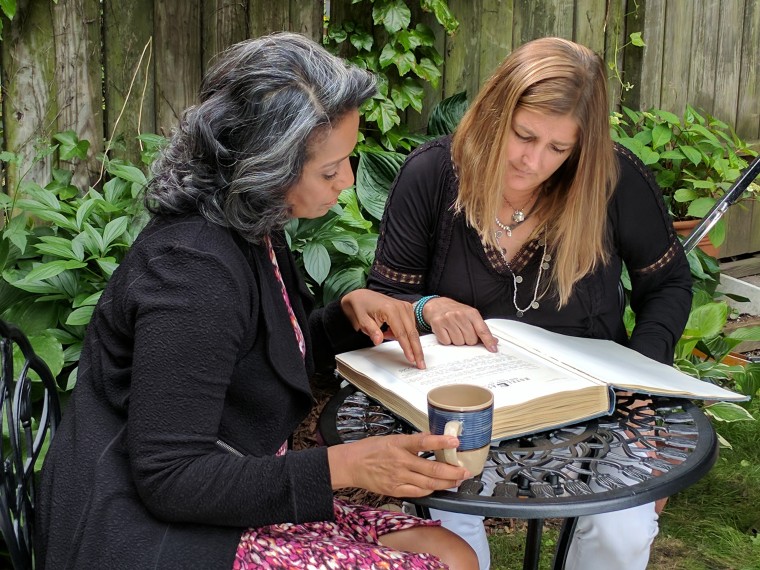
“My mother faced discrimination from moment one and I find her to be an incredible example of rising above what other people expect of you,” Kay says of her mother’s legacy.
This exposure was rare in a time where black artists and entertainers were facing discrimination in the entertainment industry, and in society.
The documentary weaves together interviews from stars like Harry Belafonte, Diahann Carroll, Diana Ross, Oprah Winfrey and many more whose careers were launched on the Sullivan show or who grew up watching the show.
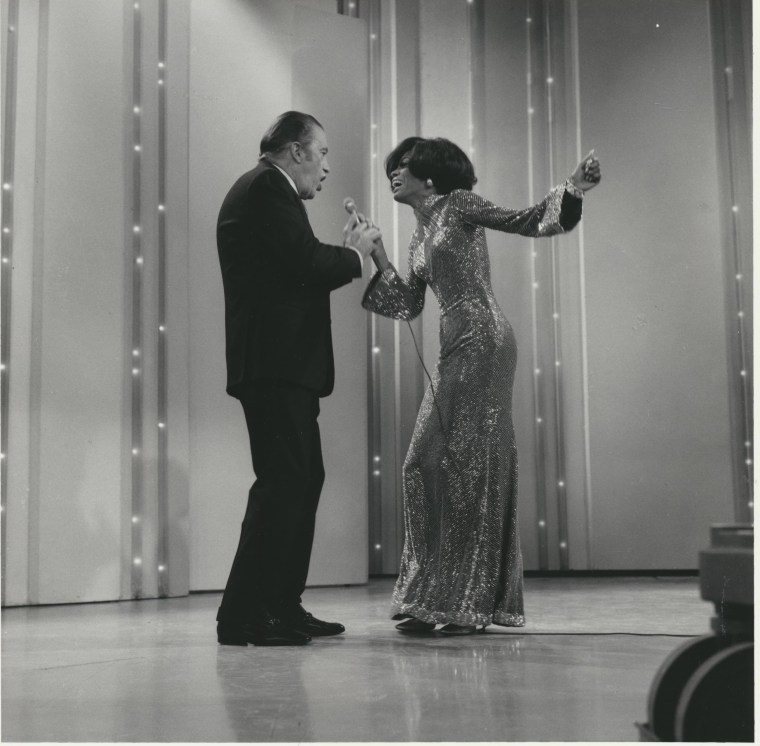
In one interview, Berry Gordy credits Sullivan with giving him a venue to launch Motown.
Oprah Winfrey describes the impact the show had on her as a young girl. “Imagine me being ten years old and my family on welfare. You don’t understand what it’s like to be in a world where nobody looks like you. When I first saw Diana Ross looking glamorous and beautiful, it represented possibility and hope. It was life changing,” Winfrey says in the documentary.
Born in a racially diverse community in New York City, Precht Speciale says Sullivan never allowed race or religion to affect his appreciation for humanity.
As a newspaper columnist, Sullivan focused on stories that affected the black community. “He took up the cause of the Black team that wasn’t allowed to play in the town, or if he ever saw anything that he felt was injustice towards Blacks he seemed to step in,” says Kay.
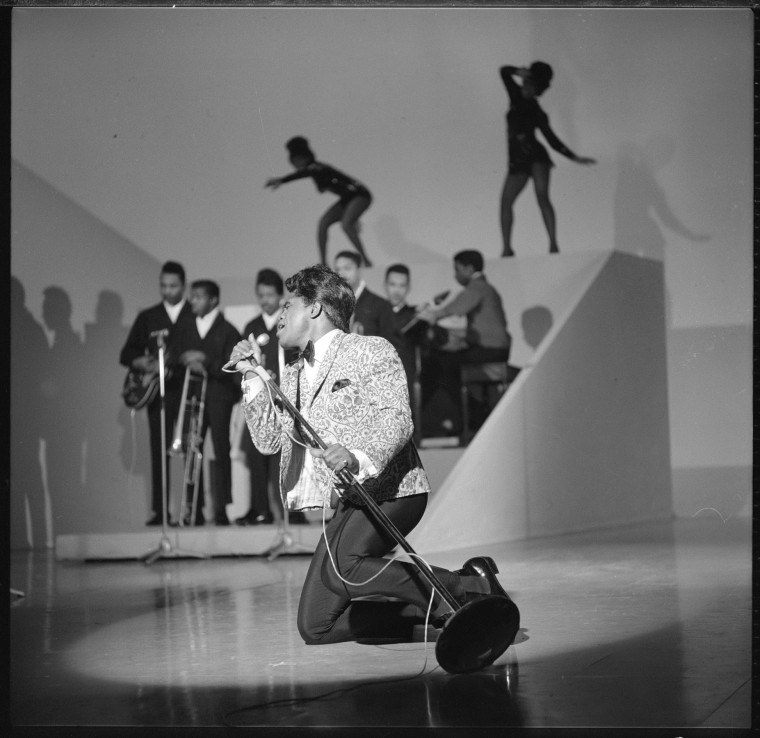
Sullivan’s writing chops led him to author a Broadway column, a gig that was truly right up his alley. “He loved the nightlife, he would be out till all hours, going to the nightclubs and watching different acts, and he became very familiar and fond of vaudeville,” says Precht Speciale.
Sullivan went on to produce the Harlem Cavalcade, in 1942, a vaudeville revue in two acts. The show was billed as a "colored only" production and Sullivan was the only white producer. When the show was failing, Sullivan paid out of his own pocket to keep it going.
His dedication to this art form went beyond the stage, as he formed relationships with black performers that he would later feature on the Ed Sullivan Show.
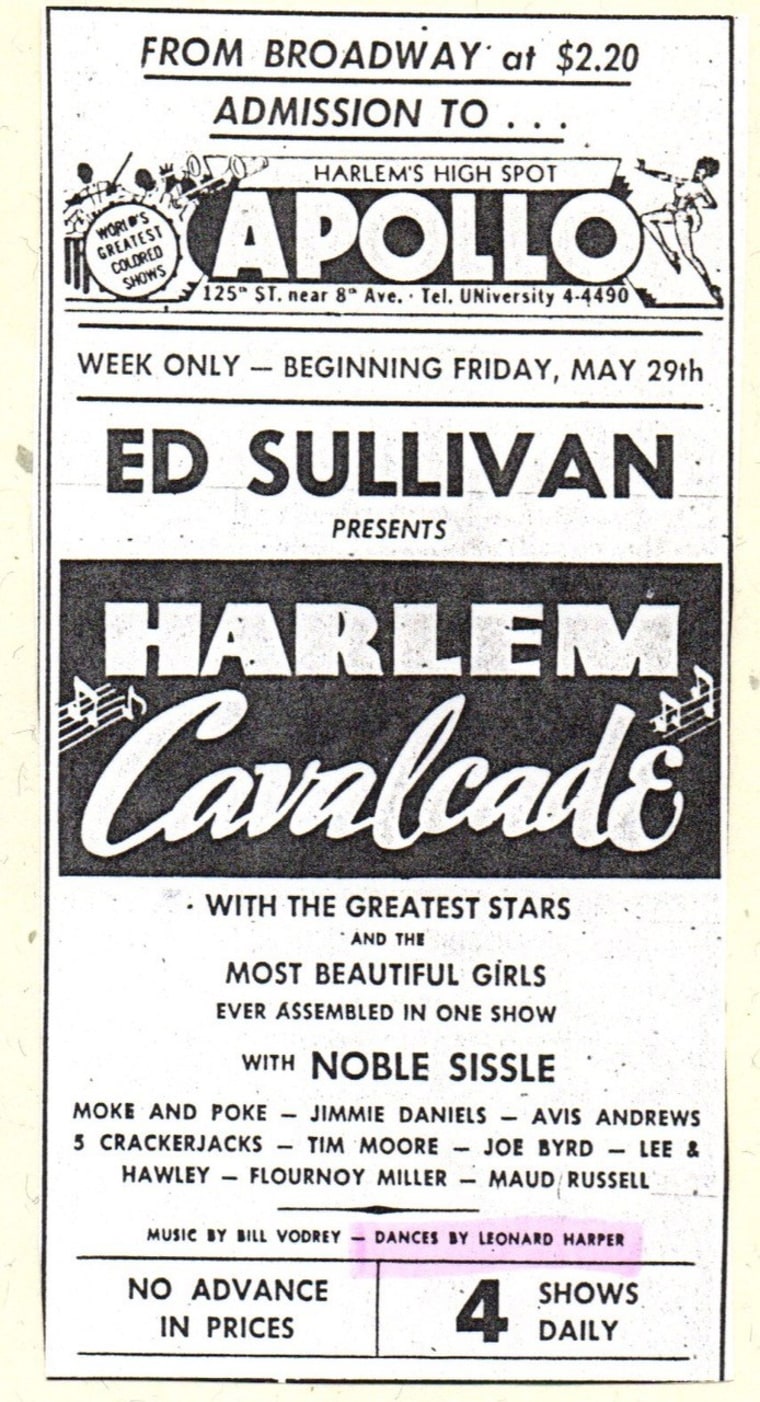
“When he first started his show they were given very little money, and a lot of the vaudeville stars, Black and white, came to his aide and would come on the show for very little,” said Precht Speciale, adding that when the show reached huge success in the 60's, Sullivan continued to bring those vaudeville stars on, baffling many. “He knew that just one appearance on his show would pay their rent, and help support their family, and that kind of loyalty continues, which I thought was a wonderful thing to learn.”
Precht Speciale and Kay say that Sullivan's authentic, "every-man” demeanor skyrocketed him to success. 75 million Americans watched his show every Sunday night. The first episode aired June 20, 1948, and Sullivan's first black guests were Billy Kenny and the Ink Spots, on June 27, 1948.
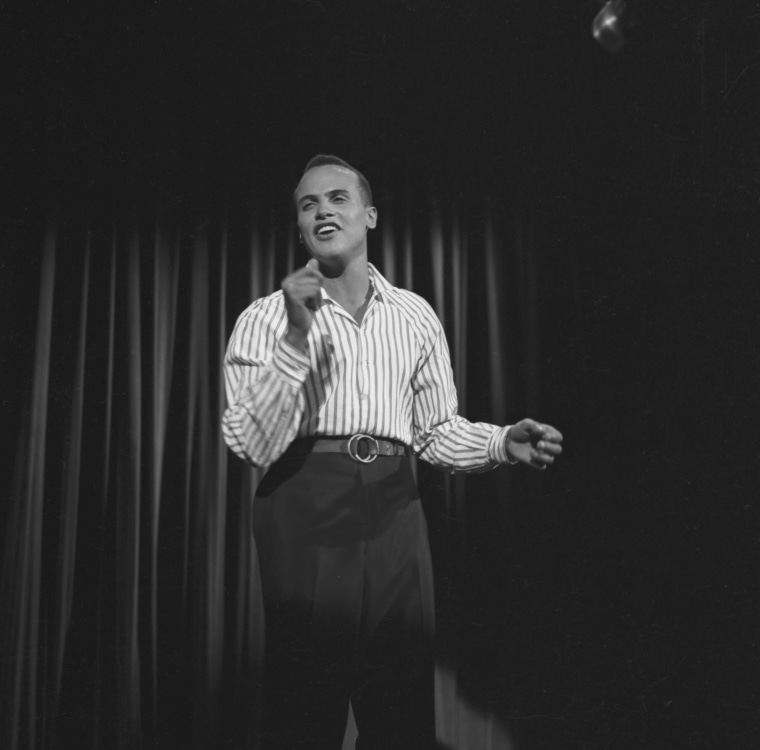
Stars like Diana Ross, Harry Belafonte, James Brown and Kay’s mother, Diahann Carroll graced the screens of millions of American television sets — entering homes and subtly breaking racial barriers.
In an interview with Harry Belafonte, Kay was surprised to learn how much Belafonte credited the show with being a part of the civil rights moment. As Kay tells it, he said it "helped awaken America to a different vision of what black people can be so that when these images came on the screen later of abuse and the beatings as people protested in the South, they had these other images of these very strong, talented, dignified people. And you couldn’t sell them on the idea so easily that black people were subhuman once you had seen these other images on Sullivan.”
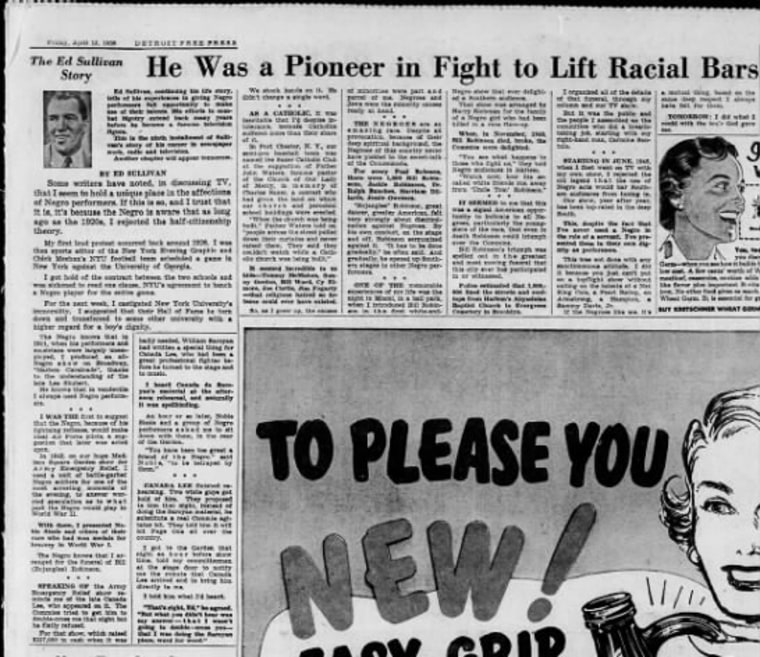
Not everyone was so easily convinced. The show received angry letters from viewers when Sullivan kissed Pearl Bailey, shook hands with Nat King Cole or showed affection towards Sarah Vaughn.
One Alabama advertiser asked newspaper readers to stop watching The Ed Sullivan Show. Ford Motors threatened to pull their sponsorship and remove the Ed Sullivan show from airing in the South.
Southern gas stations even refused to serve car owners who drove Ford, Lincoln and Mercury models that Sullivan promoted.
None of this negativity affected Sullivan. “He really treated those Black performers on his show with the dignity and respect that he would want as a person, and through that he was challenging America to do the same. That’s kind of the bottom line,” says Precht Speciale.
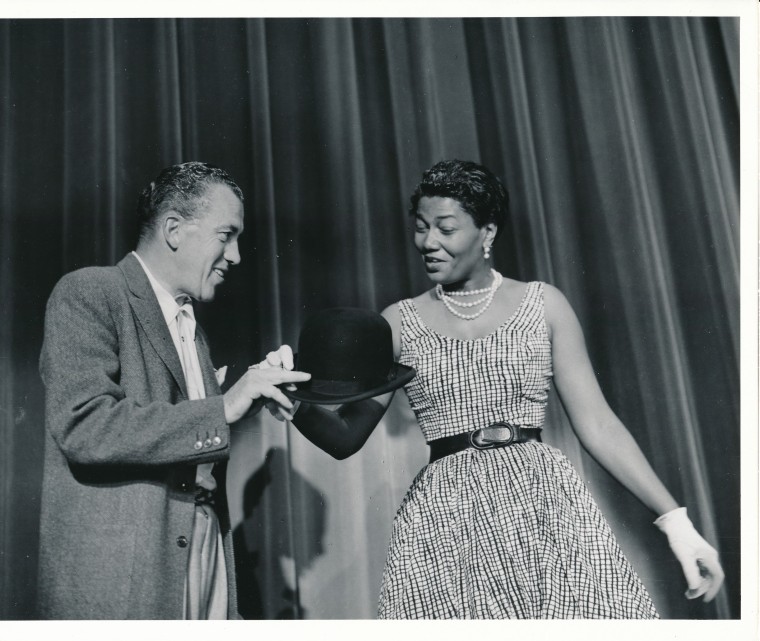
A teaser of the film will be screened on Saturday, July 15, at the March on Washington Film Festival followed by a panel discussion with actress/singer Diahann Carroll and filmmakers Margo Precht Speciale and Suzanne Kay. Precht Speciale and Kay are launching a fundraising campaign to complete the documentary. The estimated release date is Spring 2018.
More information can be found at @EdSullivanDoc on Facebook and EdSullivanDoc.com.
